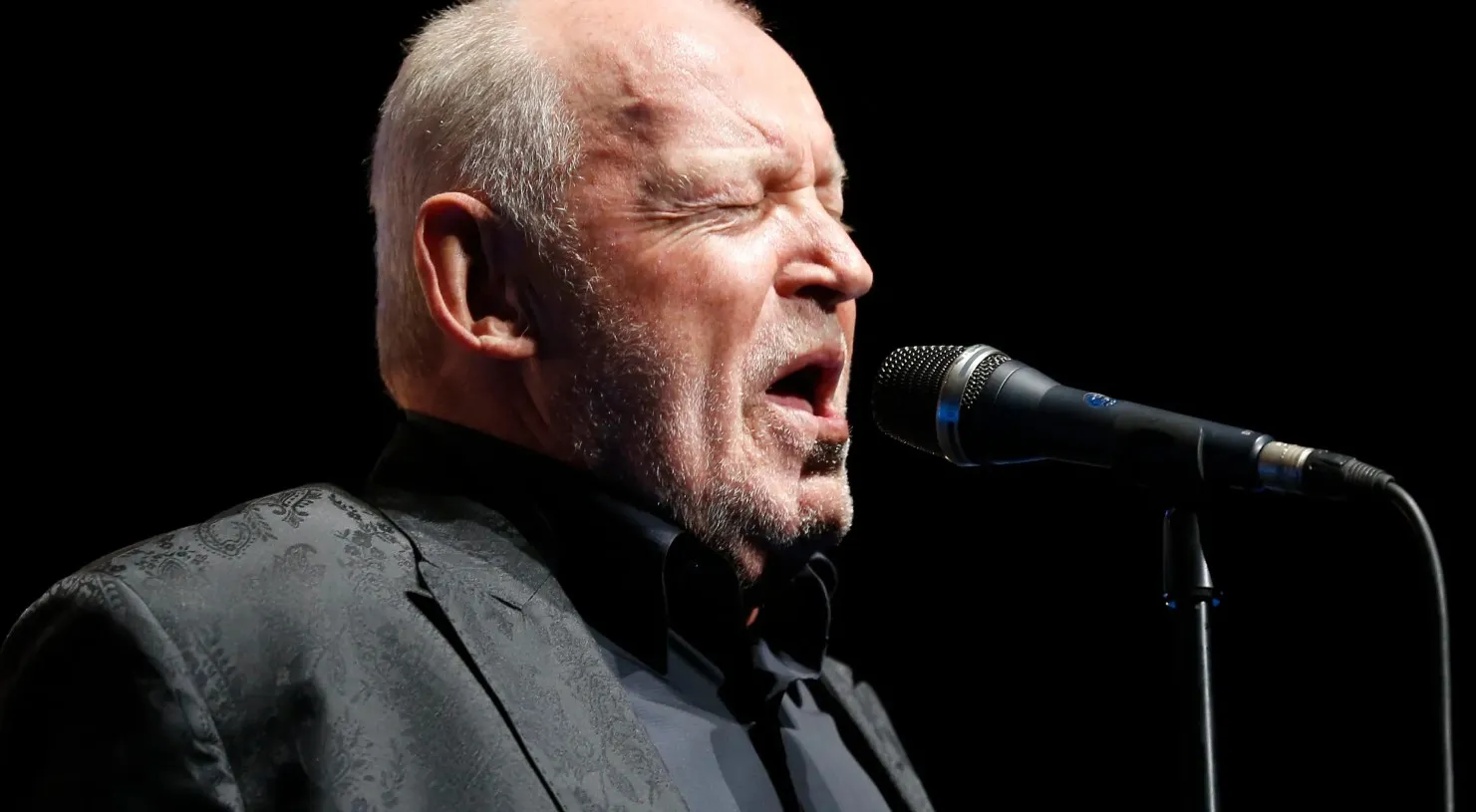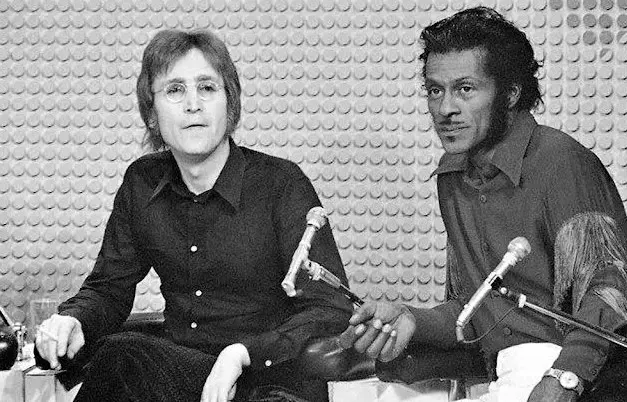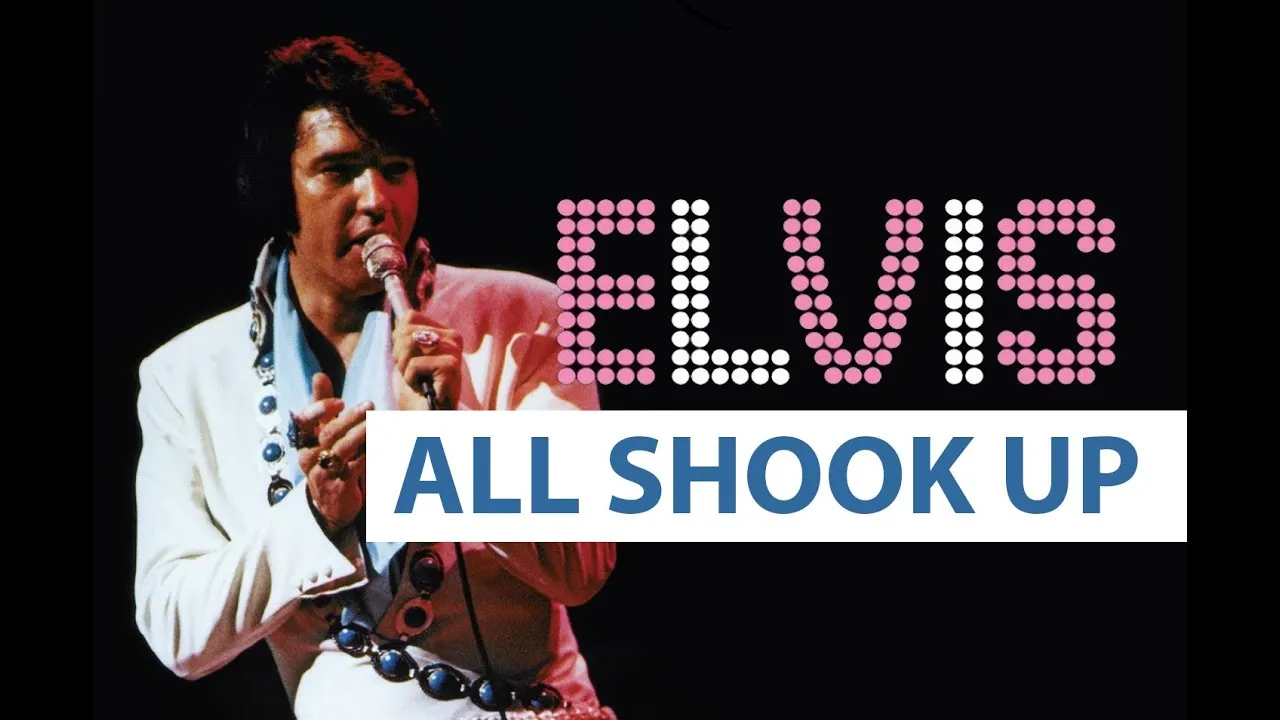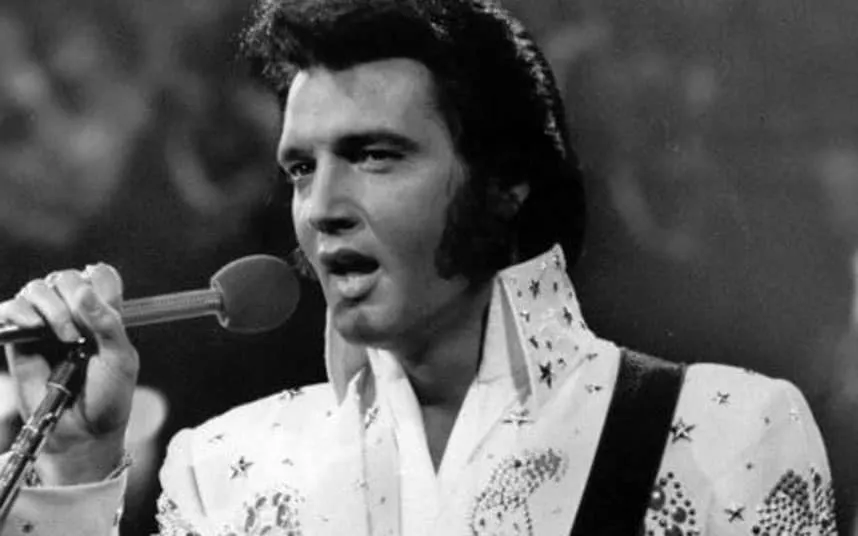Joe Cocker, known for his soulful voice and passionate performances, left an indelible mark on the world of music. His unique style, characterized by his raspy voice, emotional delivery, and distinctive stage movements, captivated audiences for decades. However, his erratic and intense stage gestures led to widespread speculation about his health, with many fans and observers wondering, "Did Joe Cocker have cerebral palsy?"
Joe Cocker's Unique Stage Presence

Joe Cocker was a force of nature on stage. His performances were not just about his powerful voice; they were a full-body experience. Cocker often moved with intensity, his arms flailing, his hands contorting, and his body jerking in sync with the music. These movements became a signature aspect of his performances, contributing to his status as a one-of-a-kind performer.
However, these movements also sparked rumors and misunderstandings. Some people believed that Cocker's stage mannerisms were the result of a neurological condition like cerebral palsy, a group of disorders that affect movement and coordination. The truth, however, was quite different.
The Origins of Joe Cocker's Movements

Joe Cocker himself addressed the speculation about his stage moves in various interviews throughout his career. In a 2012 interview with the Broward-Palm Beach New Times, Cocker revealed that his distinctive movements were almost accidental. He explained that they were not the result of any illness but rather a byproduct of his deep immersion in the music and his attempt to express the emotions he felt while performing.
Cocker admitted that he was not proficient at playing musical instruments like the organ, piano, or guitar. This lack of instrumental skills led him to express himself physically while singing, almost as if he were trying to mimic the movements of someone playing an instrument. "I never played organ or piano or guitar, so it was more out of frustration and me just trying to impersonate in a way," Cocker said.
He further explained that these movements were not a conscious decision but something that happened naturally as he lost himself in the music. "I did it subconsciously," he added. Unfortunately, these gestures were sometimes misunderstood by audiences, with some mistaking them for symptoms of a medical condition like cerebral palsy.
The Misconception of Cerebral Palsy
Cerebral palsy (CP) is a neurological disorder that affects a person's ability to move and maintain balance and posture. It is caused by abnormal brain development or damage to the developing brain, usually before or during birth, or shortly after. Symptoms of cerebral palsy can vary widely but often include stiff muscles, exaggerated reflexes, involuntary movements, and difficulty with coordination.
Given Cocker's distinctive stage movements, it is not surprising that some people speculated he might have had cerebral palsy. However, this was a misconception. Joe Cocker did not have cerebral palsy or any other neurological disorder that affected his movements. His stage mannerisms were a reflection of his deep emotional connection to the music and his unique way of channeling that energy into his performances.
The Impact of Joe Cocker's Performances

Joe Cocker's stage presence was a significant part of what made him a beloved and unforgettable performer. His raw, unfiltered expression of emotion, both through his voice and his body, resonated with audiences around the world. Cocker's performances were not just about singing; they were about conveying the depth of feeling behind each song.
One of the most iconic moments in Cocker's career was his performance of "With a Little Help from My Friends" at Woodstock in 1969. His rendition of the Beatles' classic was so powerful and emotive that it became one of the defining moments of the festival. Cocker's physicality on stage, combined with his soulful voice, created a performance that left a lasting impression on all who witnessed it.
Cocker's unique approach to performance continued to define his career. He was not just a singer; he was an interpreter of songs, infusing each one with his own emotions and experiences. His distinctive stage moves were an integral part of this interpretation, helping him to convey the intensity of the music to his audience.
The Legacy of Joe Cocker
Joe Cocker's legacy extends far beyond his distinctive stage moves. He was a masterful vocalist with the ability to take a song and make it his own, often creating versions that became as famous, if not more so, than the originals. His voice, described as one of the most soulful and powerful in rock history, resonated with listeners on a deep emotional level.
Cocker's influence can be seen in the work of many artists who followed in his footsteps. He showed that music is not just about technical skill but about conveying emotion and connecting with the audience. His performances were a reminder that music is a form of expression that goes beyond words, encompassing movement, emotion, and raw energy.
Understanding Joe Cocker's Genius

Joe Cocker's stage moves were not the result of a neurological disorder like cerebral palsy, but rather a reflection of his deep connection to the music he performed. His movements were almost accidental, born out of his frustration with not being able to play instruments and his desire to express himself fully on stage. These movements became a signature part of his performances, contributing to his status as one of the most unique and memorable performers in rock history.
Cocker's legacy as a performer is defined not just by his voice but by the entire experience he created on stage. His ability to convey emotion through both his singing and his physicality made him a beloved figure in the world of music. While the misconception that he might have had cerebral palsy was understandable given his distinctive movements, the truth is that Joe Cocker was simply a performer who gave everything he had to his art.
In the end, Joe Cocker's genius lay in his ability to connect with his audience on a deep emotional level, using every tool at his disposal—his voice, his body, and his soul. His legacy as one of rock's most passionate and powerful performers will continue to inspire and move audiences for generations to come.



